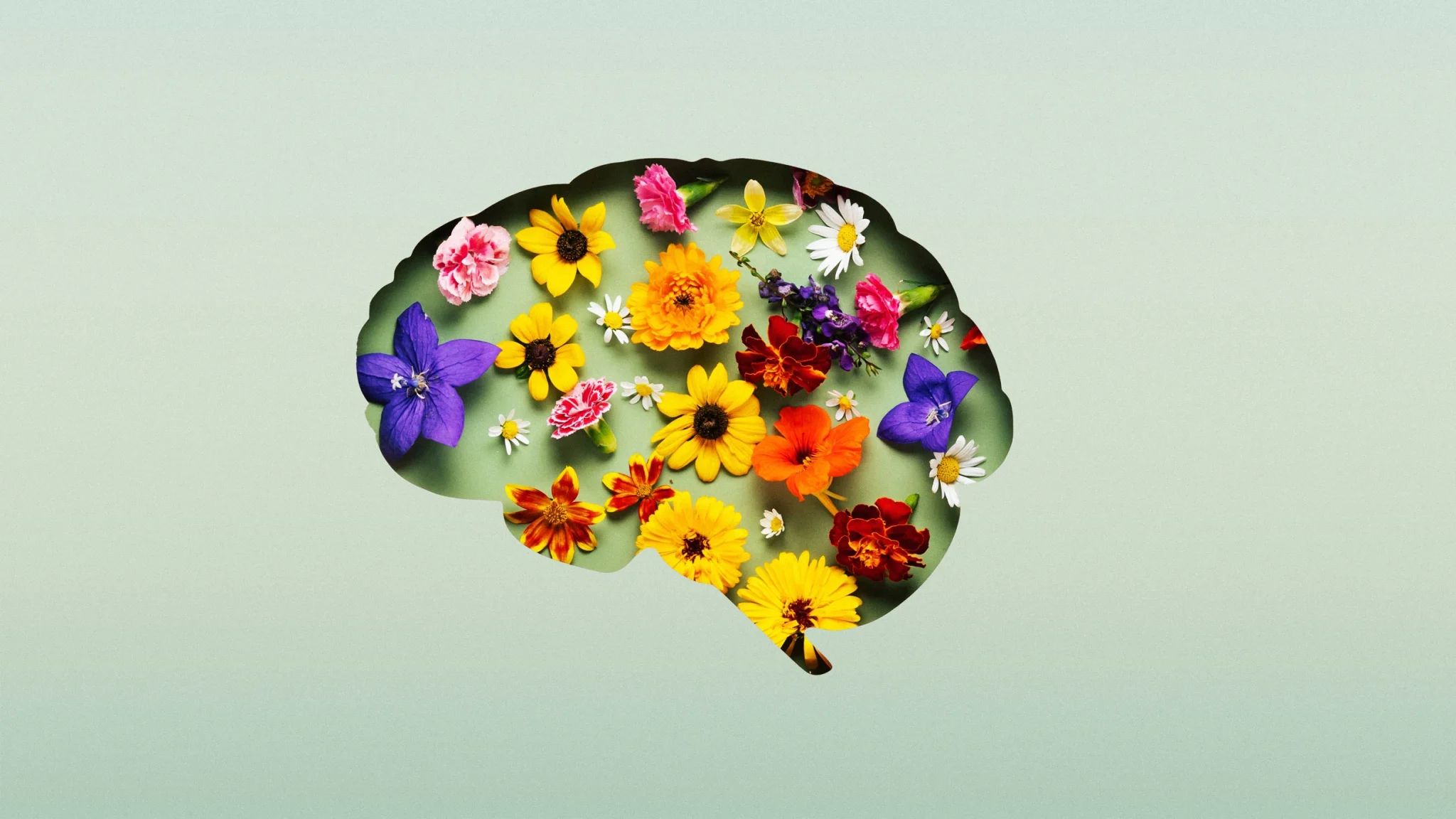Each year, around 59 million adults in the United States—representing approximately 23% of the adult population—receive treatment for various mental health disorders. Among these, about 5% of adults grapple with serious mental illnesses, including chronic depression, panic disorders, bipolar disorders, severe anxiety, and post-traumatic stress disorder (PTSD).
A concerning 6% of individuals with mental illness report that their conditions significantly hinder their ability to carry out essential daily activities. Despite the prevalence of these disorders, in 2023, only slightly over half of adults with mental illness sought treatment. Treatment options include:
– Prescription medications (16%)
– Outpatient care (14%)
– Telehealth services (12%)
– Support groups, peer specialists, recovery coaches, and emergency services
This leaves a significant number of individuals facing emotional and physical challenges without professional support, consequently heightening their risk for heart disease and premature death.
A recent study conducted by Emory University highlights the link between unmanaged mental health issues and cardiovascular disease. The findings reveal that:
– Unmanaged depression elevates cardiovascular disease risk by 72%
– Phobic anxiety increases the risk by 70%
– PTSD, bipolar disorder, and panic disorders raise cardiovascular risks by 50% to 61%
Acknowledging the need for medical intervention for mental health issues can be a challenging step. It’s important to recognize that mental illness is indeed a medical condition, deserving the same attention and urgency as physical illnesses.
For perspective, one would not hesitate to seek treatment for a serious illness like cancer; the same applies to mental health.
Fortunately, effective management strategies are available. A holistic approach that combines stress-reduction techniques with therapeutic support can make a significant difference in both mental and physical health. Recommended practices include:
– Meditation
– Yoga
– Tai Chi
– Regular physical exercise
– Talk therapy, and medication if needed
These methods can help improve daily life quality and provide hope for a healthier tomorrow. For those seeking to manage stress and improve their mental well-being, staying informed is key. Explore the latest research and strategies detailed in the book “The Great Age Reboot”. Additionally, for guidance on locating treatment options, visiting findtreatment.gov can be invaluable in connecting with available resources in your community.
By addressing mental health proactively, individuals not only enhance their emotional well-being but also protect their heart health, paving the way for a healthier and more fulfilling life.






